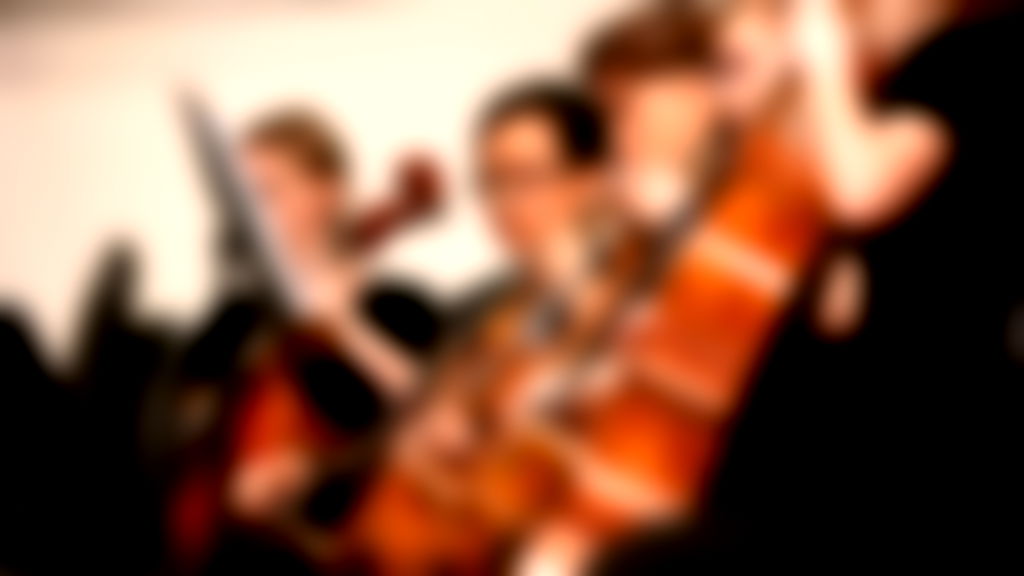How your childhood violin lessons can help keep your mind sharp as you age



By Ryan General
Older adults who have played music since childhood maintain sharper thinking and listening skills compared to their non-musician peers, according to new research published in PLOS Biology.
- The study: Researchers compared three groups: older adults with musical training, older adults without musical training and young non-musicians. Participants listened to speech mixed with background noise while undergoing brain scans. Older musicians performed better on the listening tests and their brain activity more closely resembled that of younger adults. Study leader Lei Zhang noted, “A positive lifestyle helps older adults cope better with cognitive aging and it is never too late to take up and stick with a rewarding hobby such as learning an instrument.”
- Why it matters: As people age, understanding speech in busy or loud settings becomes harder. The new findings suggest that musical training may protect the brain against this common age-related decline. “Just like a well-tuned instrument doesn’t need to be played louder to be heard, the brains of older musicians stay finely tuned thanks to years of training,” said study co-author Yi Du. This research adds to a growing body of evidence that engaging in musical activities is linked to better memory and executive function in older adults.
- Growing up with music: The findings echo childhood experiences common in many Asian households where classical music lessons are a major part of growing up. While some Asian families put pressure on children to master instruments like piano or violin, this early training could offer lasting cognitive benefits.
- What’s next: Experts recommend that adults consider learning an instrument or pursuing other mentally challenging hobbies to help keep their minds sharp as they age. Researchers plan further studies to see if similar benefits can be achieved through activities such as language learning, chess or regular physical exercise.
This story is part of The Rebel Yellow Newsletter — a bold weekly newsletter from the creators of NextShark, reclaiming our stories and celebrating Asian American voices.
Subscribe free to join the movement. If you love what we’re building, consider becoming a paid member — your support helps us grow our team, investigate impactful stories, and uplift our community.
Share this Article
Share this Article